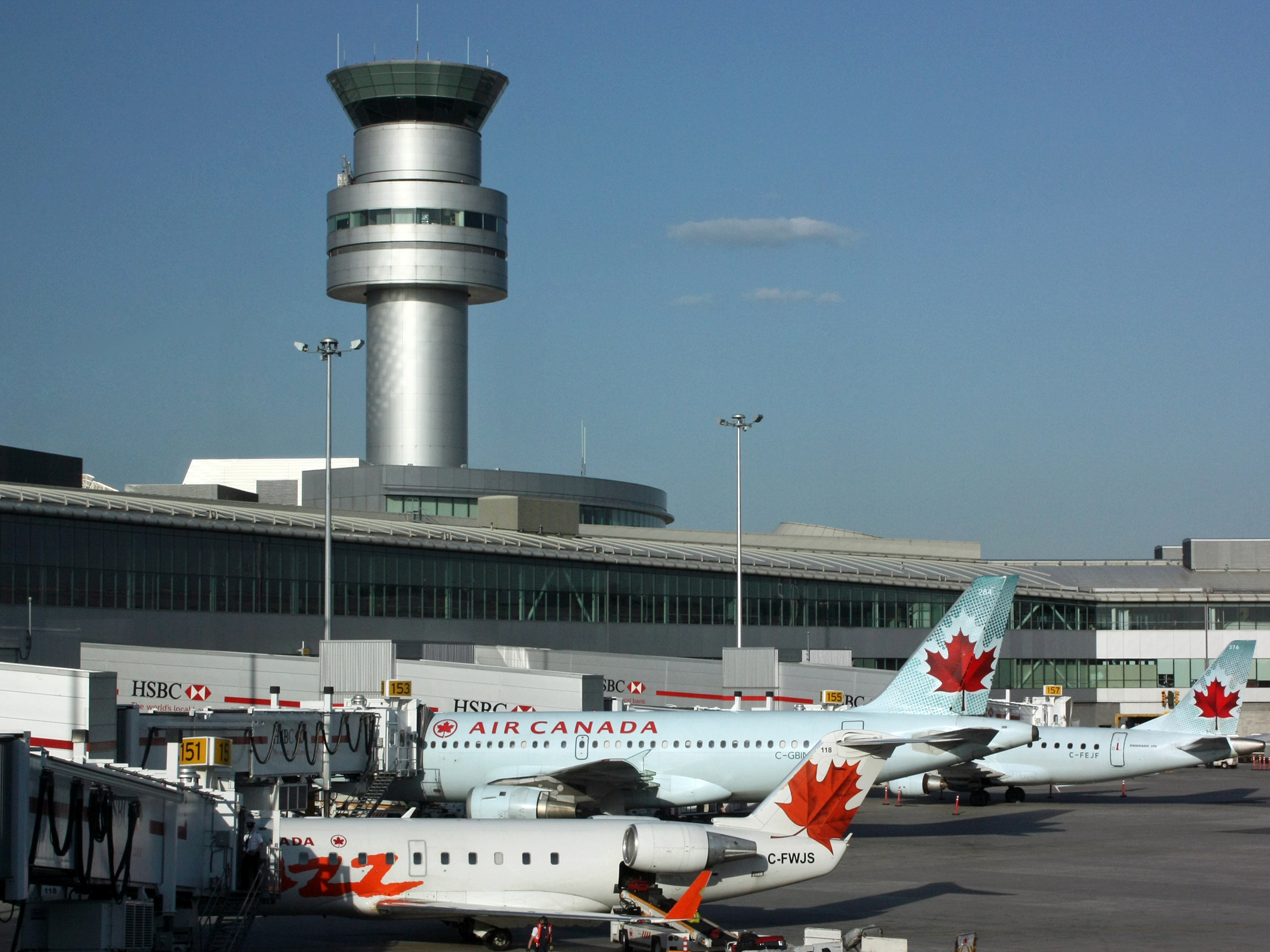
Air Canada flights are back in operation after the airline and its flight attendants reached a tentative agreement on Tuesday. The union, which represents 10,000 flight attendants, confirmed its members would return to work, bringing an end to the strike that had grounded thousands of flights and left passengers stranded nationwide.
“The strike has ended. We have a tentative agreement we will bring forward to you,” the union said in a statement. “We are required to advise our membership that we must fully cooperate with the resumption of operations.”
By late afternoon, planes began departing from Toronto, Montreal, and Vancouver, marking the first steps in restoring service.
Lengthy Negotiations Through the Night
Union officials said talks stretched from 7 p.m. ET on Monday until just after 4 a.m. ET Tuesday, with mediation hinging on a guarantee that attendants would immediately return to work. Air Canada confirmed that both its mainline and Rouge operations had been grounded since August 16 but would now begin a phased restart.
Flight attendants had walked off the job early Saturday, rejecting the airline’s push for government-directed arbitration. Despite the settlement, Air Canada cautioned that restoring a full schedule would take seven to ten days due to crew and aircraft being out of position.
During that period, cancellations will continue as the carrier gradually stabilizes its operations. Only customers with confirmed bookings on operating flights are advised to go to the airport. Options for affected passengers include full refunds, travel credits, or rebooking on other airlines, though capacity is limited during the peak summer season.
Dispute Over Unpaid Work
One of the union’s central complaints was that attendants are not compensated for duties performed when planes are not in the air. Air Canada, which operates about 700 flights per day, estimated that roughly 500,000 customers had seen their flights canceled since the strike began.
CUPE national president Mark Hancock stressed that union leaders were committed to securing a deal at the bargaining table, even if it meant facing penalties. “We’re looking for a solution here; our members want a solution here. But that solution has to be found at a bargaining table,” Hancock said.
The strike had already been ruled unlawful after attendants initially ignored an order from the Canada Industrial Relations Board to return to work on Sunday. Meanwhile, Jobs Minister Patty Hajdu announced that the federal government would probe allegations of unpaid labor in the airline sector, describing the claims as deeply troubling.
What The Author Thinks
The agreement may have ended the strike, but the underlying issues remain unresolved. Workers want recognition for the hours they put in beyond flight time, and that demand won’t disappear with one tentative deal. Unless Air Canada directly addresses compensation fairness, this truce could prove temporary, and passengers may find themselves once again caught in the middle.
Featured image credit: Wikimedia Commons
For more stories like it, click the +Follow button at the top of this page to follow us.
